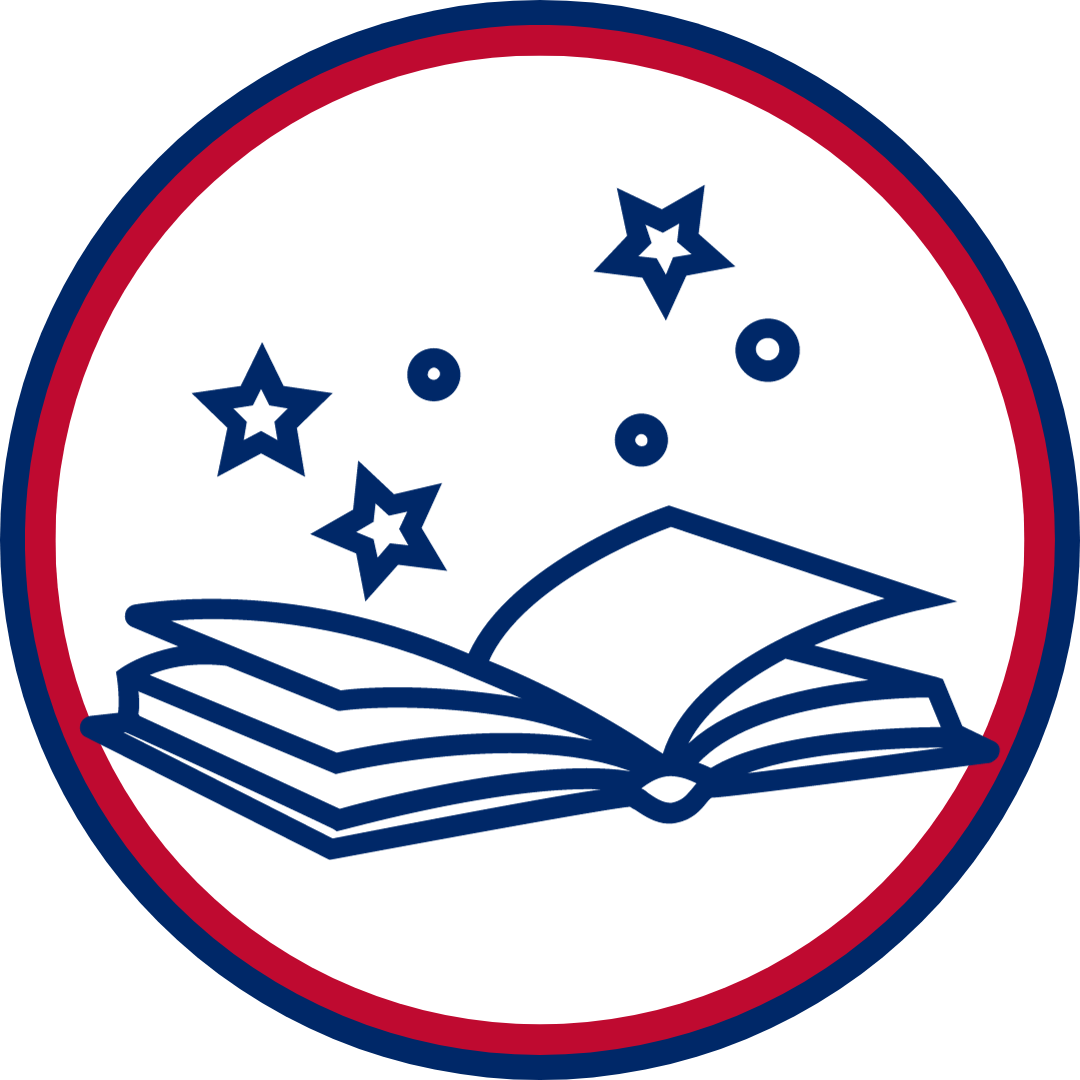Homeschooling encompasses a variety of educational philosophies and methods, each tailored to suit different learning styles, preferences, and family dynamics. Here are some of the different homeschooling methods:
Traditional/Classical Education: This method follows a structured curriculum based on the classical trivium of grammar, logic, and rhetoric. It emphasizes reading classic literature, studying Latin and Greek, and focusing on critical thinking and communication skills.
Charlotte Mason: The Charlotte Mason method emphasizes short, focused lessons, living books, nature studies, and an appreciation for arts and culture. It emphasizes a well-rounded education with an emphasis on character development and habits.
Montessori Method: Developed by Maria Montessori, this child-centered approach encourages independence, hands-on learning, and the use of specially designed materials to promote exploration and discovery. The child’s interests and abilities guide the learning process.
Unschooling: Unschooling is a learner-led approach where children direct their own learning based on their interests, curiosity, and natural inclinations. Parents act as facilitators and provide resources and support as needed.
Eclectic/Hybrid Approach: Many homeschooling families opt for a flexible, eclectic approach, incorporating elements from various methods and curricula to create a personalized learning experience tailored to the child’s needs, interests, and strengths.
Unit Studies: Unit studies integrate multiple subjects around a central theme or topic. Children explore various subjects, including language arts, science, history, and more, within the context of the chosen theme, providing a holistic understanding.
Waldorf Education: Inspired by Rudolf Steiner’s teachings, Waldorf education emphasizes creativity, imagination, and holistic development. It includes arts, crafts, movement, and a focus on nurturing the child’s spiritual, emotional, and physical well-being.
Online or Virtual Schooling: Utilizing online platforms and resources, this method involves structured or self-paced online curricula that follow a traditional school approach, often providing interactive lessons and assessments.
Religious-Based Education: Families may choose to incorporate their religious beliefs into their homeschooling curriculum, integrating religious texts and teachings into various subjects and activities.
Cooperative Learning (Co-op): Co-ops involve groups of homeschooling families coming together to share the responsibility of teaching and learning. Each family may specialize in a particular subject or area of expertise.
Dual Enrollment: In this method, high school-aged homeschoolers may enroll in college courses or programs to earn both high school and college credit simultaneously.
Project-Based Learning: Project-based learning involves students engaging in in-depth exploration of a particular subject or topic through hands-on projects, research, and collaboration.
The choice of a homeschooling method often depends on the child’s learning style, the family’s values and beliefs, the child’s interests, and the desired educational outcomes. Many homeschooling families adopt a combination of methods to create a customized approach that best suits their needs.
Charlotte Mason Homeschooling
-
Home Education (The Home Education Series)
-
Mother Culture ®: For a Happy Homeschool
-
A Charlotte Mason Education: A Home Schooling How-To Manual
-
Homeschool History Book of Centuries: A Portable Timeline for Charlotte Mason an...
-
Before Curriculum: How to Start Practicing the Charlotte Mason Philosophy in You...
-
Homeschool Planner: Undated Charlotte Mason Homeschool Planner | 8.5x11 | 12 Mon...
-
Modern Miss Mason: Discover How Charlotte Mason’s Revolutionary Ideas on Home Ed...
-
Habits: The Mother's Secret to Success (Charlotte Mason Topics)
-
A Charlotte Mason Inspired Homeschool Planner 2025-2026
-
Undated Home School Planner Charlotte Mason Inspired 7"x10"











